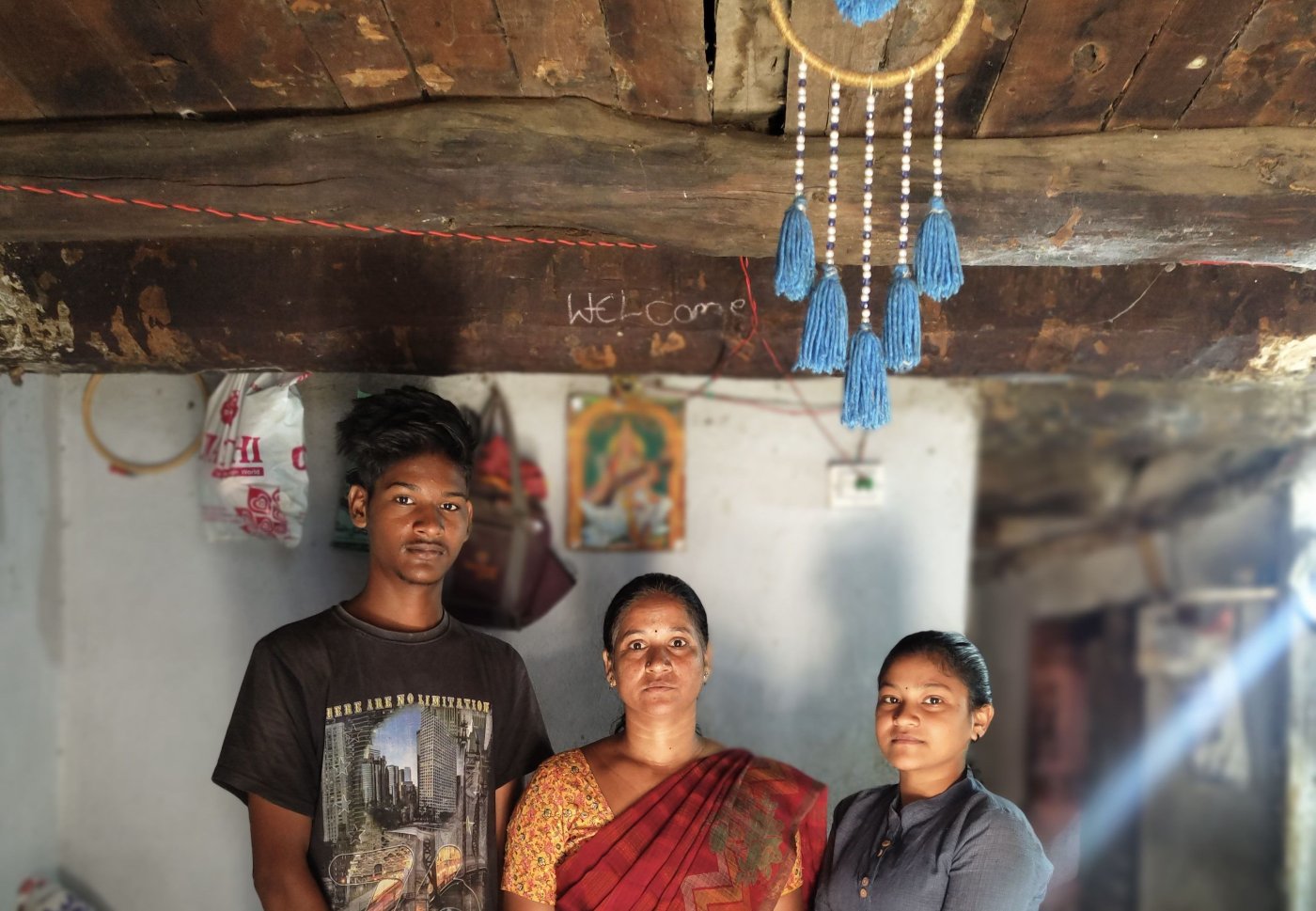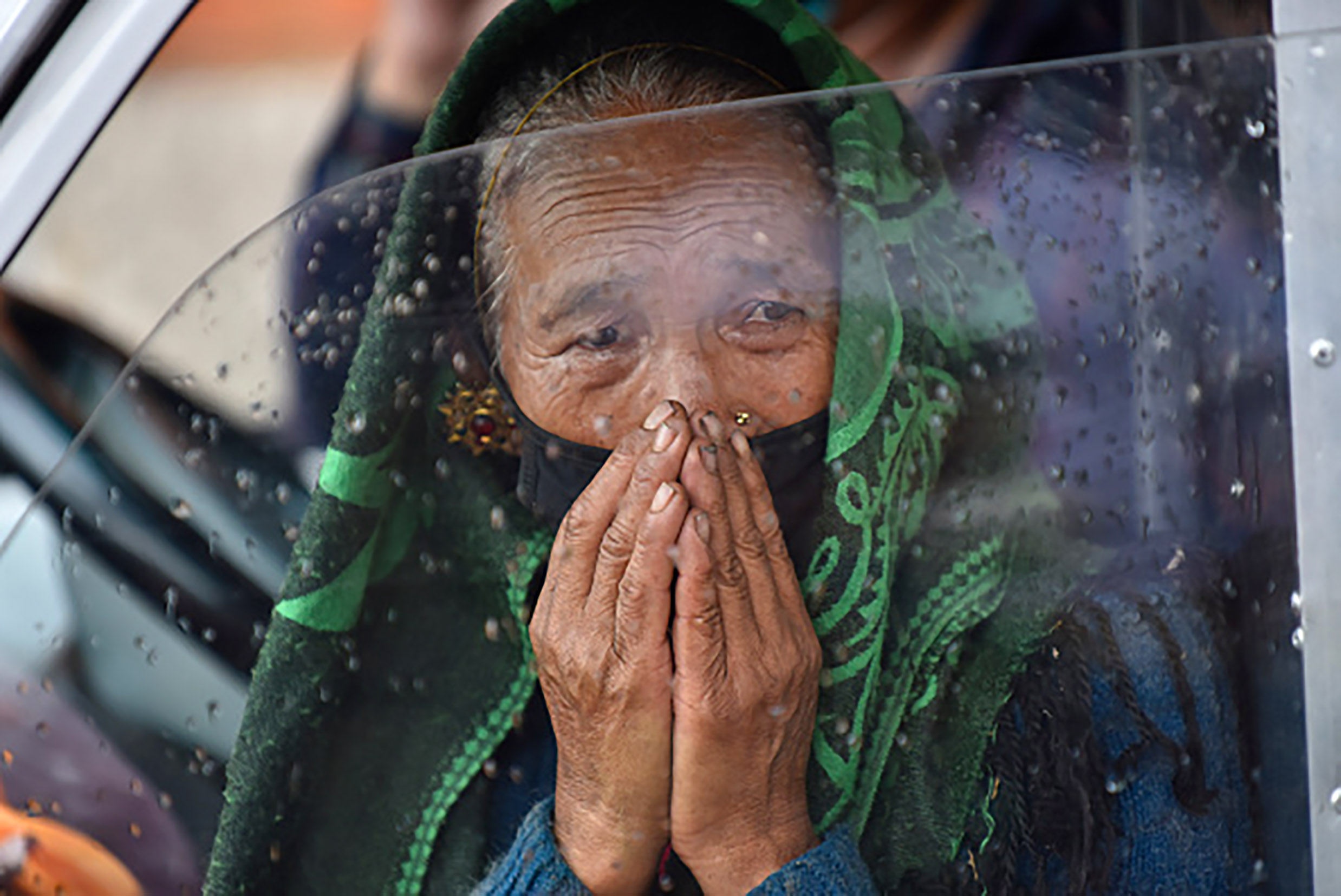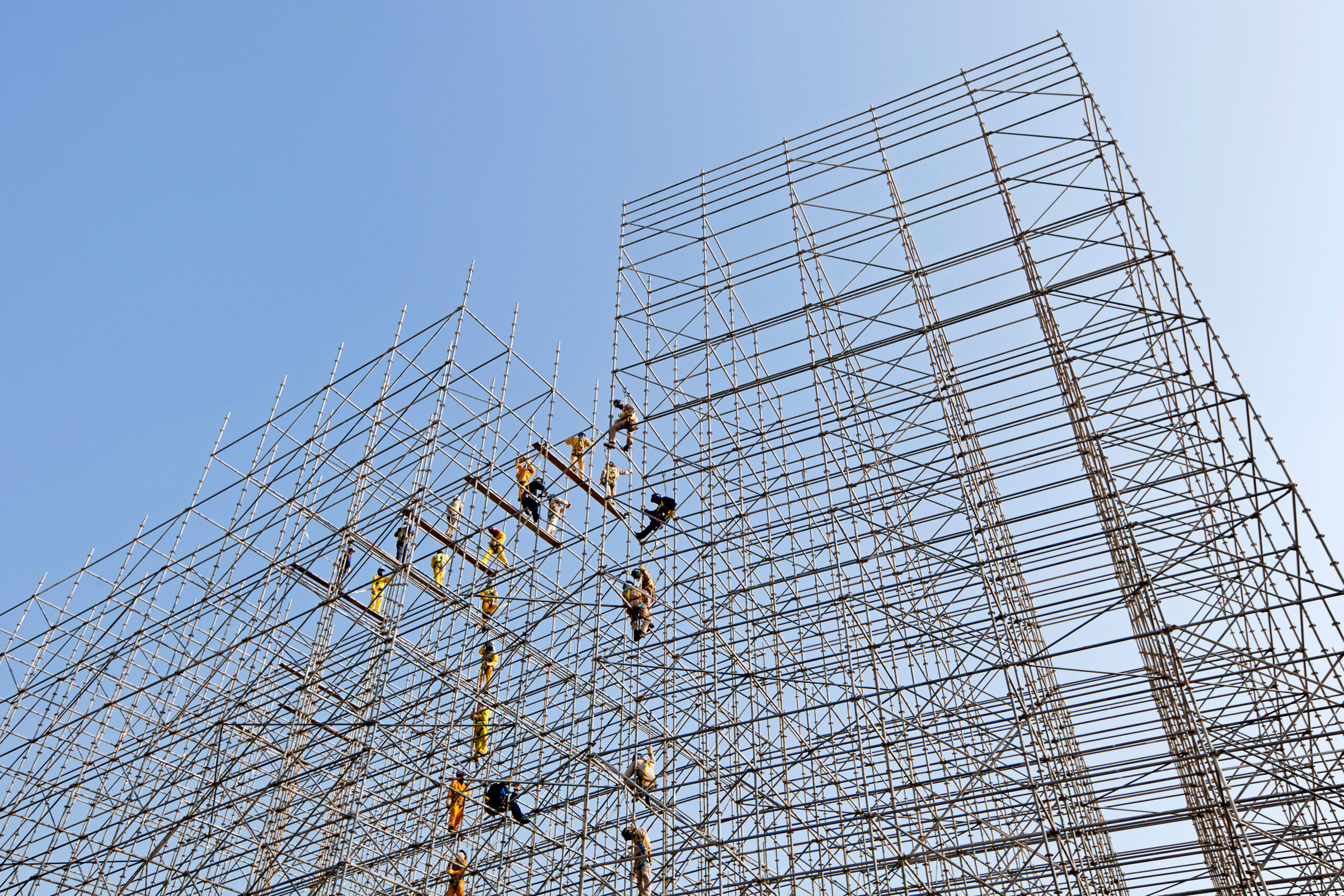
A new essay by FairSquare consultant researcher/advocate Usman Jawed, published in Article 14, highlights the challenges faced by Indian migrant workers who take up jobs in the Gulf states, with a particular focus on the state of Telegana.
With jobs scarce at home, around nine million Indians compete for mostly low-wage, often dangerous, jobs in the six GCC countries of Bahrain, Kuwait, Oman, Qatar, Saudi Arabia, and the UAE. The economies of these countries depend heavily on foreign workers, specifically Indian workers. The labour market in these countries is in large part shaped by the kafala (sponsorship) system, under which workers have little to no recourse to redressal mechanisms for the frequent abuses.
Unexplained deaths, life-altering injuries, debt and wage theft are common. A 2022 study conducted by the Vital Signs partnership, a coalition of non-profit organisations from five origin states and FairSquare, revealed that approximately 10,000 migrant workers from south and southeast Asian die every year in the Gulf, with more than half of those deaths effectively unexplained.
Gangadhar Motapally, from Arapet village in northern Telangana, migrated to Oman for work as a truck driver in 2018 and was due to return in August 2022. Three weeks before he was to come home, the 45-year-old felt severe discomfort and was hospitalised. What led to Gangadhar’s brain haemorrhage is unknown. Declared medically fit for work when he was recruited, his family members say Gangadhar did not have hypertension when he left India.
Workers routinely pay exorbitant amounts in the hope of securing work overseas, often getting duped by fraudulent agents in the process. FairSquare’s 2021 Five Corridors Project found that employers in destination states often stimulate the demand for unethical recruitment.
21-year-old Thogari Lavan last year borrowed Rs 300,000 ($3500) from a local moneylender, at a monthly interest rate of 2% to pay an agent in the neighbouring village for a job in the Gulf. When he reached the UAE along with 16 others from neighbouring villages, the jobs they had been promised did not exist. They returned home in 15 days, paying their own way. Ever since, Thogari and the others have been trying to recover the payment he made to the agent.
India gets more remittances from its nationals working abroad than any other country, with the World Migration Report putting the figure at $111 billion (Rs 9.1 lakh crore) for 2022. Often from families with little or no land, the remittances from these workers are an extraordinarily important source of sustenance for households and indirectly sustain local economies. However, these workers do not find a voice in the Indian political or policy sphere, and the government does little to address exploitative practices and rights abuses. The Emigration Act of 1983 lays out the administrative and bureaucratic framework governing the recruitment of Indian workers overseas, and advocates have argued for its updating. The ministry of external affairs proposed to replace the Act in 2019 and 2021, but the 1983 law remains in place.
Guggila Ravi Goud, a Gulf returnee who spent the better part of the last decade working in Qatar and now leads the T-JAC organisation, said:
“It (the government) can regulate agents here, and cancel their licences if they are found to be sending workers in a way that causes them harm,” said Goud. “It must provide insurance cover and legal aid, help in swift return in case of distress and help workers reintegrate into the local economy upon return.”
A union government insurance scheme for migrant worker deaths and disability has failed – the only existing insurance scheme, Pravasi Bhartiya Bima Yojana (PBBY) or Emigrant Indian Insurance Scheme, is ineffective as most worker deaths are misleadingly attributed to natural causes in the destination countries, said activists.
The government of Telangana recently promised the creation of a Gulf Workers Welfare Board, the first such acknowledgement of migrant distress. The state government has initiated the process of paying an ex-Gratia amount of 500,000 to the families of migrants who died in the Gulf. This has generated some optimism among activists such as Bheem Reddy of the Emigrants Welfare Forum, who said “this is a historic first in India.” However migrants are waiting to see if words turn into action. Vijendra, who spent five years working in the UAE, said:
“We have never seen any government take up this issue in our interest. It is good now that they are saying these things, but let’s see what they do.”


